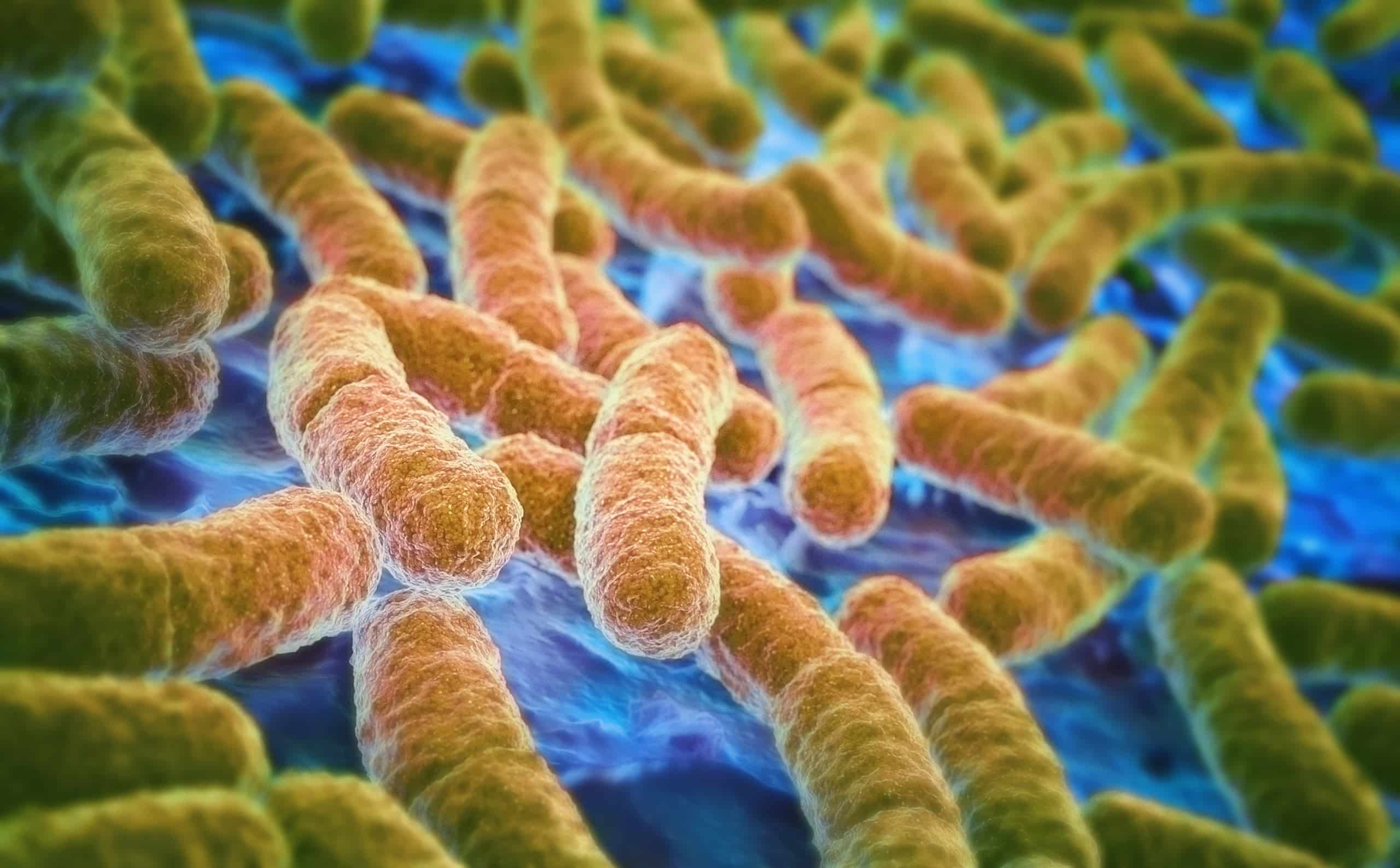As pathogen resistance to antibiotics grows, scientists are looking for a class of drugs that could replace antibiotics.
Among the most interested candidates as an alternative to antibiotics are undoubtedly anti-vitamins, substances that deactivate the vitamins present in bacteria.
Scientists have long sought to understand the mechanism of naturally occurring antivitamins. Although many of us have never heard of it, scientists have known about antivitamins for as long Sir Edward Mellanby he identified the first one (he called it “toxamine”) in the late 30s.
What do antivitamins do?
These substances do what their name suggests: they stop vitamins from working. We are approaching the end of the era of antibiotics due to the rapid rate at which bacteria are developing resistance. As such, researchers are taking a closer look at antivitamins as the basis for a new class of drugs that could potentially replace antibiotics for treating bacterial infections.
Details that matter
As mentioned, science's first step in finding the alternative to antibiotics will be to understand how antivitamins do what they do.
For example, the antivitamin that nullifies vitamin B1 differs from the vitamin by only a single, and apparently unimportant, atom. But it is, and researchers at the University of Göttingen in Germany have just published research documenting their discovery of what's going on. Their report was published in the journal Nature Chemical Biology.
The study was conducted by the group of Kai Tittman of the Göttingen Center for Molecular Biosciences at the University of Göttingen. The team benefited from the collaboration with the Computational Biomolecular Dynamics Group of Bert DeGroot of the Max Planck Institute for Biophysical Chemistry of Göttingen and with the Begley group of Tadhg Begley of Texas A&M University in College Station, Texas.

Antivitamins, a single atom changes everything
Antivitamin B1 is actually naturally occurring and is produced by bacteria as a means of killing competing bacteria. Its “critical atom” other than vitamin B1 appears in a seemingly unimportant position, deepening the mystery.
To see how that single atom was doing such an effective job, the researchers used high-resolution protein crystallography. This allowed them to observe the interaction between antivitamin B1 and vitamin B1 at the atomic level.
What they saw was that the antivitamin completely disrupted the “proton dance” that is seen in functioning proteins. Kai Tittman says: “Just one extra atom in the antivitamin acts like a grain of sand in a complex gear system blocking its finely tuned mechanics.” (Tittmann's group was the first to document this "dance" in 2019.)
Antivitamins do not bother humans
A particularly significant finding of the new research is that although antivitamin B1 prevents the functioning of B1 in bacteria, it does not interfere with the vitamin for humans.
There is hope that one day antivitamins can be developed that target and neutralize pathogens without harming patients.
<strong>The Eurobursar</strong> De groot created computer simulations to understand why humans are not affected by the errant atom and found that human proteins do not bind to the antivitamin at all, so they are not “poisoned” by it.
The possibility that antivitamins may at some point be ready to intervene as an alternative to antibiotics is not entirely unexpected.
Antivitamins have actually been used in the development of antibiotic and antiproliferative drugs such as Prontosil and Aminopterin. And there are already some antivitamin drugs in use, particularly antagonists of vitamins B12, B9 and K.
If antibiotics exhaust their effectiveness, antivitamins are just the "new" friend to turn to.


